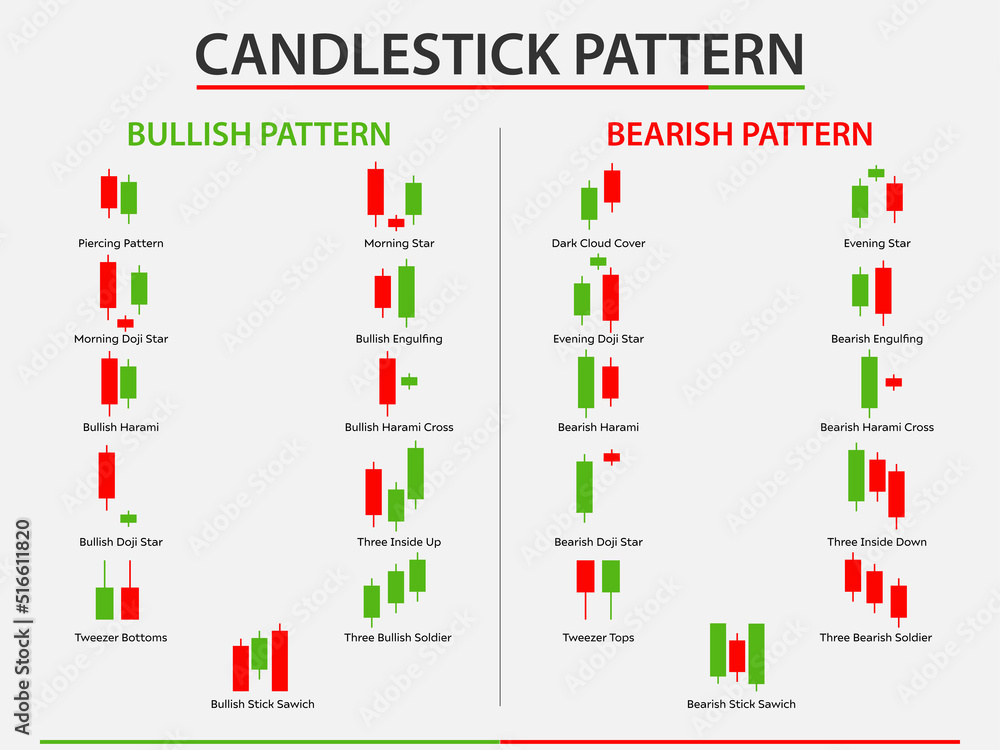Basic Of stock Market

Basic of stock market
What is stock market?
- The stock market is an avenue where investors trade in shares, bonds, and derivatives. This trading is facilitated by stock exchanges. It acts as a platform, a marketplace, that connect buyers and sellers
- The share market is a platform where buyers and sellers come together to trade on publicly listed share during specific hours of the day. People often use the terms ‘share market’ and ‘stock market’ interchangeably. However, the key difference between the two lies in the fact that while the former is used to trade only shares, the latter allows you to trade various financial securities such as bonds, derivatives, forex etc.
- The principal stock exchanges in India are the National Stock Exchange (NSE) and the Bombay Stock Exchange (BSE).
Types of Share Markets
Primary Share Markets
When a company registers itself for the first time at the stock exchange to raise funds through shares, it enters the primary market. This is called an Initial Public Offering (ipo), after which the company becomes publicly registered and its shares can be traded within market participants.
Secondary Market
Once a company’s new securities have been sold in the primary market, they are then traded on the secondary stock market. Here, investors get the opportunity to buy and sell the shares among themselves at the prevailing market prices. Typically investors conduct these transactions through a broker or other such intermediary who can facilitate this process.
What Is Traded On The Share Market?
Shares
A share represents a unit of equity ownership in a company. Shareholders are entitled to any profits that the company may earn in the form of dividends. They are also the bearers of any losses that the company may face.
Bonds
To undertake long term and profitable projects, a company requires substantial capital. One way to raise capital is to issue bonds to the public. These bonds represent a “loan” taken by the company. The bondholders become the creditors of the company and receive timely interest payments in the form of coupons. From the perspective of the bondholders, these bonds act as fixed income instruments, where they receive interest on their investment as well as their invested amount at the end of the prescribed period.
Mutual Funds
Mutul funds are professionally managed funds that pool the money of numerous investors and invest the collective capital into various financial securities. You can find mutual funds for a variety of financial instruments like equity, debt, or hybrid funds, to name a few.
Each mutual fund scheme issues units that are of a certain value similar to a share. When you invest in such funds, you become a unit-holder in that mutual fund scheme. When instruments that are part of that mutual fund scheme earn revenue over time, the unit-holder receives that revenue reflected as the net asset value of the fund or in the form of dividend payouts.
Derivatives
A derivetiveis a security that derives its value from an underlying security. This can have a wide variety such as shares, bonds, currency,comodities and more! The buyers and sellers of derivatives have opposing expectations of the price of an asset, and hence, enter into a “betting contract” with regards to its future price.
Types of Equity
1.Shares:
This is the simplest way of buying shares in a company that you have faith complete in The shares of the company will appreciate within the time frame in which you want a return.
2.Equity-Mutual fund investments:
This is when several investors collect funds and at least 60% of those are invested in equity shares of various companies. Mutulfund can be further divided into the following categories:
- Large-cap equity funds: The fund invests only in large companies with stable returns.
- Mid-cap: The fund’s investment thesis revolves around investing in companies of smaller size but with higher potential for growth. This is a balance between risk and potential reward.
- Small-cap: investments are made in small and volatile companies with a high risk to reward ratio.
- Multi-cap funds: These funds invest in companies of all sizes across a variety of sectors.
What is an Initial Public Offer (IPO)?
- An Initial Public Offer (IPO) is the selling of securities to the public
in the primary market. It is when an unlisted company makes either
a fresh issue of securities or an offer for sale of its existing securities
or both for the first time to the public. This paves way for listing and
trading of the issuer’s securities. The sale of securities can be either
through book building or through normal public issue.